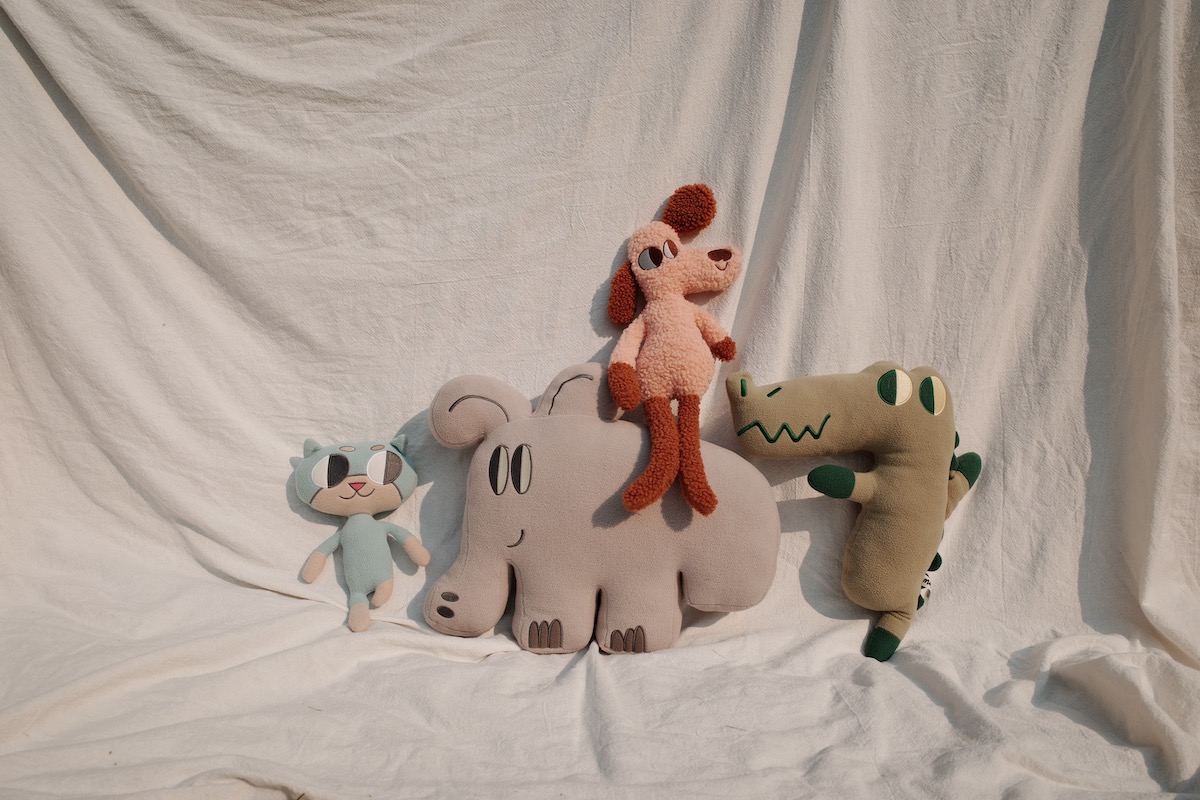During a prenatal test in 2020, Anna Parker learned that her unborn daughter had a congenital upper limb difference. Such news could overwhelm any parent because of the uncertainty it brings. Would her daughter be born with an extra finger, one arm shorter than the other, or a missing limb?
Parker wanted her baby to live in an environment that normalized these differences. She went in search of toys and books that her daughter could relate to. Although she found children’s books like What Happened To You? — a picture book addressing how a disabled child might want to be spoken to — and a LEGO character with an amputated arm, she felt there was nothing that normalized and addressed limb differences.
“I want my child to grow up in a world that’s inclusive, kind and welcoming,” says Parker, an artist who has always been drawn to creating plush installations for children. She began working with her brother Allan, who works as a concept artist in the animation and video game industry, to create plush toys that would resonate with kids like her daughter. Four years later, she launched Mayana and Friends, a line of five plushie characters, each with their own hobbies and interests, and visible limb differences.
Now stocked across North America and Japan, they’re one of the only purposely designed toys on the market reflecting visible limb differences. “It’s not just for kids or adults or anyone who has a limb difference,” Parker says. “It’s also to help normalize and educate people who may never have encountered someone with a limb difference.”
Mayana and Friends recently partnered with the Walk Tall Program and the International Limb Differences Network at the BC Children’s Hospital to launch the Gift a Lou program which provides plushies to children recovering from surgery. The initiative is part of a larger research study from doctors at the BC Children’s Hospital that examines how inclusive toys can support children’s well-being by fostering connection, representation and self-confidence through play.
